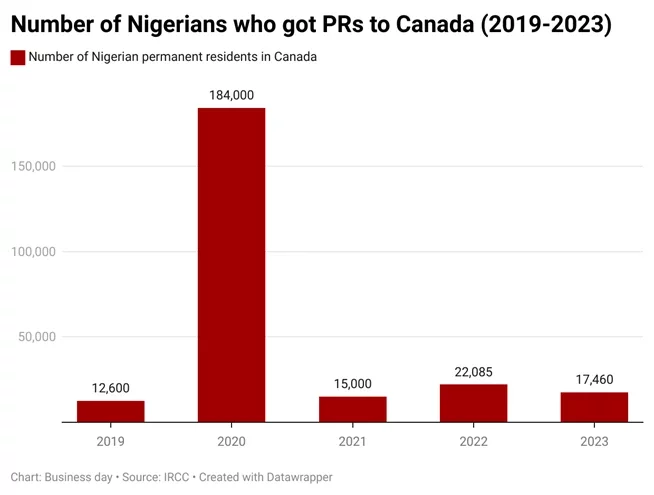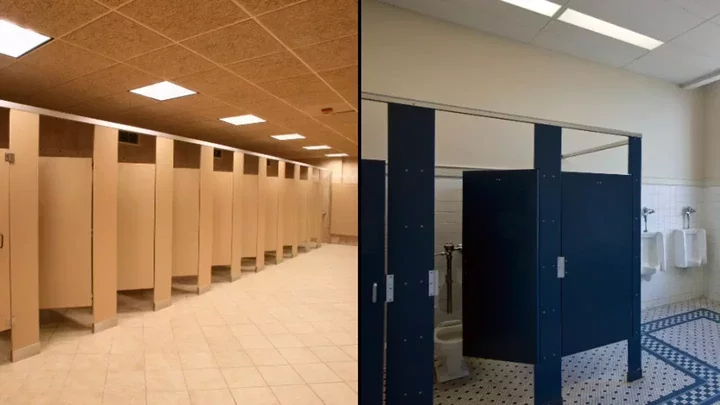
Canada's decision to legalize marijuana in 2018 was met with mixed reactions, both domestically and globally. Proponents argued that legalization would dismantle the illegal drug trade, offer medicinal benefits, and generate tax revenue. However, one demographic that should not be overlooked in this debate is teenagers. Is the legalization of marijuana in Canada a ticking time bomb for families raising adolescents? Let's explore why this legislation may have made it riskier than ever to raise teenagers in Canada.
Easy Access to Marijuana
Previously, acquiring marijuana involved some level of secrecy and illegality. With its legalization, the drug has become far more accessible. This can be particularly tempting for teenagers, whose brains are still in a critical stage of development, making them more susceptible to peer pressure and risky behavior.
Increased Usage Among Teenagers
Various reports indicate that marijuana usage among Canadian teens has increased since legalization. While many believe that cannabis is harmless, especially compared to other substances like alcohol or hard drugs, its effects on the adolescent brain can be damaging.
Impact on Cognitive Development
The human brain continues to develop well into the mid-20s, and exposure to marijuana during these formative years can lead to long-lasting cognitive deficits. Research shows that regular cannabis use can negatively impact memory, learning, attention, and even IQ levels. For teenagers, who are at a critical juncture in their academic and personal lives, these implications can be far-reaching.
Driving Under Influence
Another alarming concern is the increase in driving under the influence of cannabis. While drinking and driving has been a long-standing issue, driving after marijuana consumption is a growing problem among teenagers in Canada. The combination of youthful invincibility and impaired judgment due to cannabis can lead to fatal accidents.
Mental Health Risks
There's increasing evidence that regular use of marijuana can contribute to the onset of mental health conditions like anxiety, depression, and even psychosis in predisposed individuals. For teenagers, this is especially concerning, given that they are already navigating a tumultuous emotional landscape.
Peer Pressure and Social Circles
It's no secret that teenagers are prone to peer pressure. The legal status of marijuana might give them the impression that it's 'okay' or 'safe' to use, exacerbating the issue. It's easier for them to fall into social circles where drug use is normalized, thus perpetuating the cycle.
The Financial Toll
While not a health concern, it's worth mentioning that cannabis isn't cheap. For families already struggling to make ends meet or save for college, a teenager spending money on cannabis can be a significant financial drain.
Conversations That Matter
Beyond the statistics and research are the real, heartfelt conversations parents must have with their teenagers. Transparency is key; it's crucial to discuss the potential dangers without vilifying the substance entirely, which could provoke more curiosity. A balanced conversation should involve both the legal aspects and health implications of cannabis use.
An Uphill Battle for Newcomers
For families who have recently moved to Canada, this issue becomes even more convoluted. As newcomers, you may not fully understand the cultural nuances that come with marijuana use in Canada. This lack of familiarity can make it challenging to approach the subject with your teenagers who are also navigating this new environment.
Creating Awareness
In this age of technology, where information is readily available, ignorance is not an option. Schools, communities, and healthcare providers need to come together to create awareness and offer educational resources. Parental workshops on drug awareness can also go a long way in equipping families with the necessary tools to handle this issue effectively.
Medical Marijuana: A Double-Edged Sword
Another point to consider is the rise in medical marijuana prescriptions. While cannabis does offer numerous therapeutic benefits for specific conditions, its medical use can sometimes send a mixed message to teenagers. They might assume that if it's used as a medicine, it can't be harmful, overlooking the fact that these prescriptions are for controlled, minimal usage and specific medical conditions.
Policy Gaps and Future Implications
Legalization has opened a Pandora's Box of policy challenges. What is the government doing to mitigate the impact on teenagers? Are there sufficient educational programs and deterrents in place? These are questions that need answers sooner rather than later.
Take-Home Message
Raising teenagers is a complex, challenging, and rewarding task. The legalization of marijuana in Canada has added another layer of complexity to this ever-evolving job. The risks are real, and the consequences can be dire.
Parenting in the age of marijuana legalization calls for a renewed commitment to open dialogue, continuous education, and a deep understanding of the myriad ways this new law could affect our families. It's an issue that doesn't just concern individual families but communities, schools, and ultimately, the future of the country.
As parents, caregivers, or even as concerned members of the community, we can't afford to turn a blind eye. Let's arm ourselves with knowledge, let's involve ourselves in our teenagers' lives, and most importantly, let's not underestimate the power of an informed and open conversation. The future of our youth depends on it.
















Comments